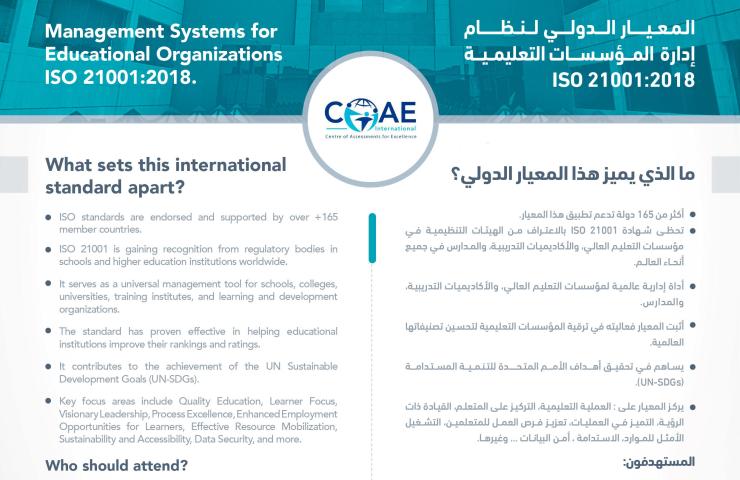Introduction

Introduction The clinical training year (internship) is considered an extension of the stages of studying College Medicine, and it is one of the most important basic building blocks on which the personality of the doctor is built.
The university administration represented by the Deanship of the College of Medicine took it upon itself to develop the scientific and clinical content of the internship year and made some modifications and focused on having clinical training in major hospitals that have the medical and human capabilities to carry out the clinical training process.
The intern doctor has an important role to carry out the tasks and responsibilities entrusted to him, the most important of which is the commitment to the tolerant Islamic teachings in dealing with patients and preserving their privacy, as well as practical and professional commitment towards training centers and being an example for their colleagues.
The college of medicine wishes the Interns success and that this is a start for a distinguished medical future.
Definition of Internship year:
It is twelve months of clinical training that begins after the medical student passes all academic courses in the College of Medicine until the end of the twelfth semester (sixth year) successfully.
Training rotation:
It is the period spent by the intern in the specialty, and it ranges from one to three months, according to what is indicated in the regulations.
Training Center:
It is one of the hospitals, universities, or medical and research centers accredited by the College of Medicine to train intern doctors.
Training Objectives:
- Applying the integrated concept of practicing medicine (prevention, early diagnosis, treatment, rehabilitation, considering the social environment and the psychological and economic condition of patients...etc).
- Preparing the intern doctor for independence in work and the ability to make decisions and deal with them efficiently and professionally.
- Acquiring the skills of dealing and communicating with the medical team.
- Developing the skills and knowledge of the intern doctor through feedback, interactive training, and continuous guidance.
- Developing communication skills with patients and their families and knowing the correct method of dealing.
- Applying professional ethics in all work and adhering to that and adopting the ethics of the Muslim doctor in all his affairs and actions during and outside work.
Internship unit
- Dr. Sami Fathi Bilal - Head of unit
- Mr. Abshar Ibrahim - Coordinator
- Mr. Suliman Saleh Al-Burqan - Clinical coordinator
- Mr. Mutasem Al-Shami - Clinical coordinator
Head of Internship Unit at the College of Medicine:
Dr. Sami Fathi Bilal
 Almaarefa University
Almaarefa University